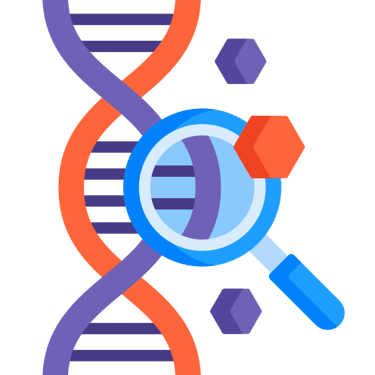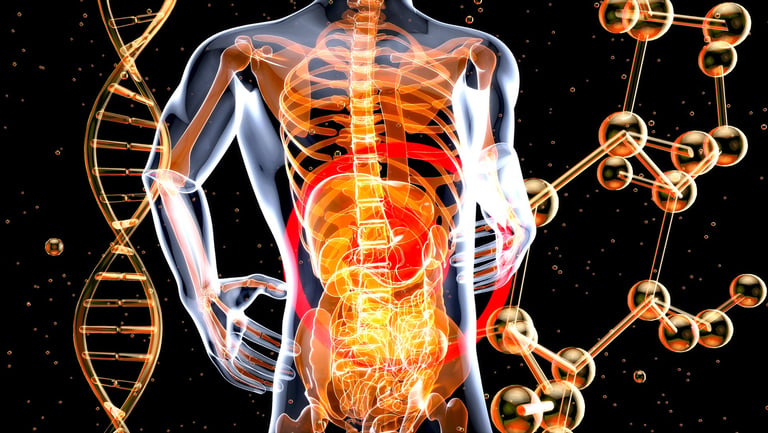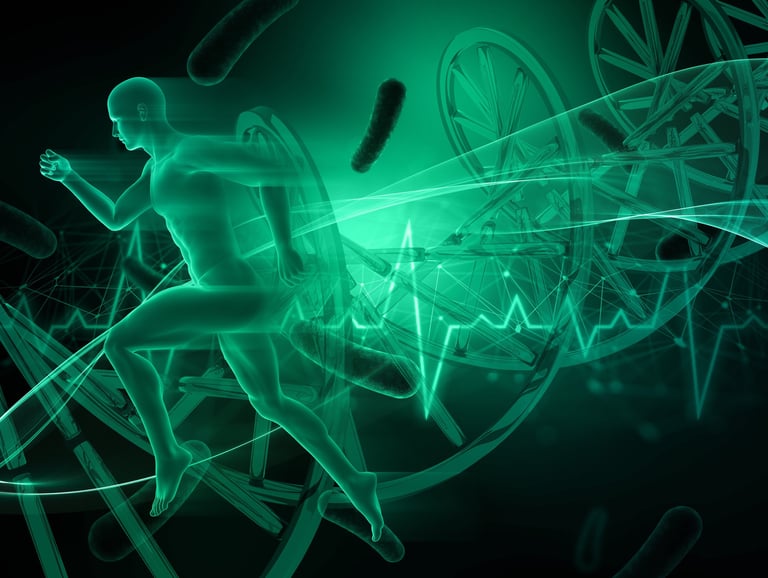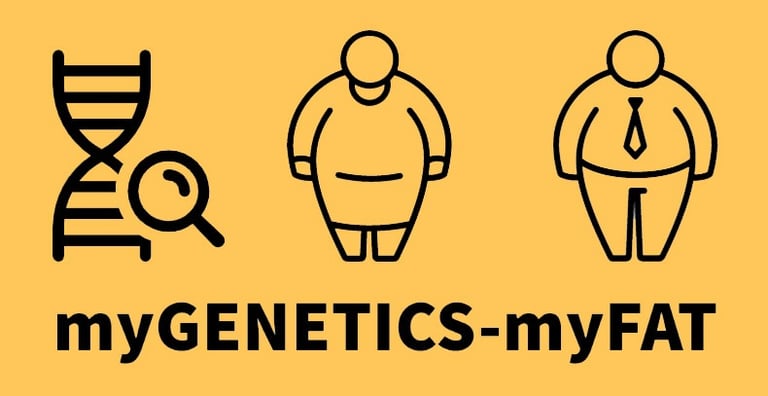Genetic Counseling Services
Sportsgenomics is a rapidly growing field that focuses on the relationship between genetics and athletic performance. By analyzing an athlete's DNA, we can identify genetic variations that may affect the way their body processes oxygen, builds muscle, or responds to training. This information can be used to tailor training programs and nutrition plans to optimize an athlete's performance.
Sportsgenomics has been particularly useful in identifying genetic risk factors for certain injuries, such as ACL tears in soccer players. It has also been used to identify potential talent in young athletes, by identifying genetic markers associated with speed, strength, and endurance. Sportsgenomics has the potential to revolutionize the way we train and develop athletes.
Exercise genomics studies the relationship between genetics and physical activity. Through this field, we can understand how genetic variations affect an individual's response to exercise. Exercise genomics uses DNA sequencing and analysis to identify genes that play a role in exercise performance, injury risk, and recovery time. This knowledge can be used to personalize exercise programs, optimize training, and prevent injuries. It can also help identify potential health risks and guide individuals toward activities that are most beneficial for their genetic makeup. With the help of exercise genomics, individuals can understand their body's unique response to physical activity and make informed decisions about their fitness goals.
Health genomics (Nutrigenomics) uses genetic testing and analysis to uncover insights about an individual's health. By examining a person's DNA, health professionals can determine how each person's unique genetic makeup may impact their metabolism, nutrient absorption, and overall health. Genetic variations that may increase the risk of certain diseases or conditions can also be identified. With this information, a personalized nutrition and exercise plan can be developed to optimize a person's health and well-being. By understanding how their genes affect their nutritional needs, individuals can make more informed choices about their diet and lifestyle, improving their overall health and potentially preventing future health problems.
It is possible that you have already done your genetic testing from a different service provider, but need guidance about the findings in the report and the necessary corrective measures to be undertaken. Counseling can be provided in such cases also.




Where can it be useful?






Genetic testing can provide valuable insights into an individual's genetic makeup, which may impact how their body responds to different diets, exercise, and lifestyle changes. By analyzing specific genes related to appetite regulation, metabolism, and fat metabolism, genetic tests can help identify personalized strategies for fat loss. For example, genetic tests can reveal information about an individual's genetic predisposition to obesity or their optimal macronutrient ratios for fat loss. This scientific approach allows for a more tailored and informed weight (FAT) loss plan, based on an individual's unique genetic profile, to help maximize their chances of success in achieving their fat loss goals.


